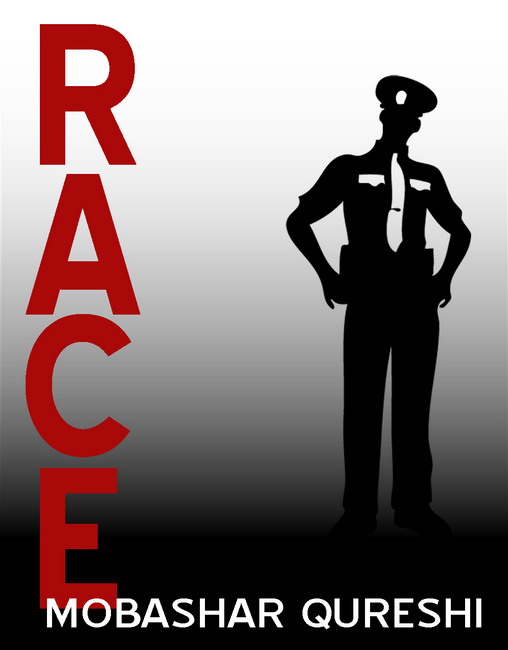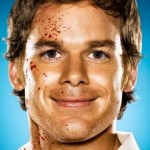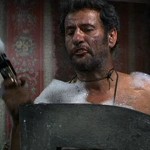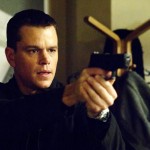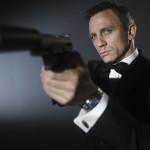 In my second year of university I decided to write a full-length novel. Until then I had only managed a novella. I went out and purchased a 400-page booklet. I only had a rough idea of what the story would be but I began nonetheless.
In my second year of university I decided to write a full-length novel. Until then I had only managed a novella. I went out and purchased a 400-page booklet. I only had a rough idea of what the story would be but I began nonetheless.
I wrote in that booklet everywhere I could. I wrote in between classes, on the bus and on subway. I wrote in the library. I wrote in the morning and at night. I even refused to take a trip with my family in order to write.
By the start of my third year I had finished the manuscript. It was close to 250-pages, a decent size for a novel. I then spent the remainder of the year transposing the handwritten manuscript on to the computer. I did my best editing the manuscript and when my fourth and final year started I had, at least I believed at the time, a publishable novel.
I then began sending it out to publishers and agents (this experience will be left for another blog post). As expected I was rejected and rejected and rejected some more. Almost a year went by and after dozens of rejections I still had not found a publisher.
One day while reading book reviews in a magazine I spotted a book whose premise sounded somewhat similar to mine. I quickly went out and procured a copy. I proceeded to read the book in a matter of days.
To my dismay this book had many similar elements to mine. I wrote them down and found there were over 15 similar themes and concepts. I was shocked and disappointed! I had spent the last three years pouring my heart and soul into my book and here it was published by this other author.
I was angry!
In my query letters I had provided a synopsis of my book and during this time I may have provided it to some devious agent who in turn had provided the framework of my book to this said author.
He was a thief!
I sat down and wrote a nasty and scathing e-mail to him. But before I could send it my brother convinced me against it. So I wrote another e-mail outlining the 15 similarities and ended it by asking the author what I should do next.
I received a response not long after and it was only two words. While my e-mail was both long and emotional the author’s reply was short and felt somewhat cold. At the time I didn’t understand how important his advice would be. I only cared about the book I had labored over for years, which I felt, I could no longer publish.
In hindsight, I will say the book I had written and the one by this author were not all that similar (there were some general themes) but overall they were nothing alike. But try telling that to a 22-year-old at that time who thought he had written the next greatest novel.
To cut a long story short, I took the writer’s advice and have now written many more novels, and some are much better than my first novel.
I’ve purposely not mentioned the author’s name or the book’s title simply because I’m not interested in stirring up anything. But I assure you this event did happen and the author is well known and highly successful. But I do remember his two-word advice. It is the best advice ever for any writer. And they were:
Keep writing.
Whatever happens in life, no matter how many hurdles you have to go through, if you are passionate then you should keep writing.



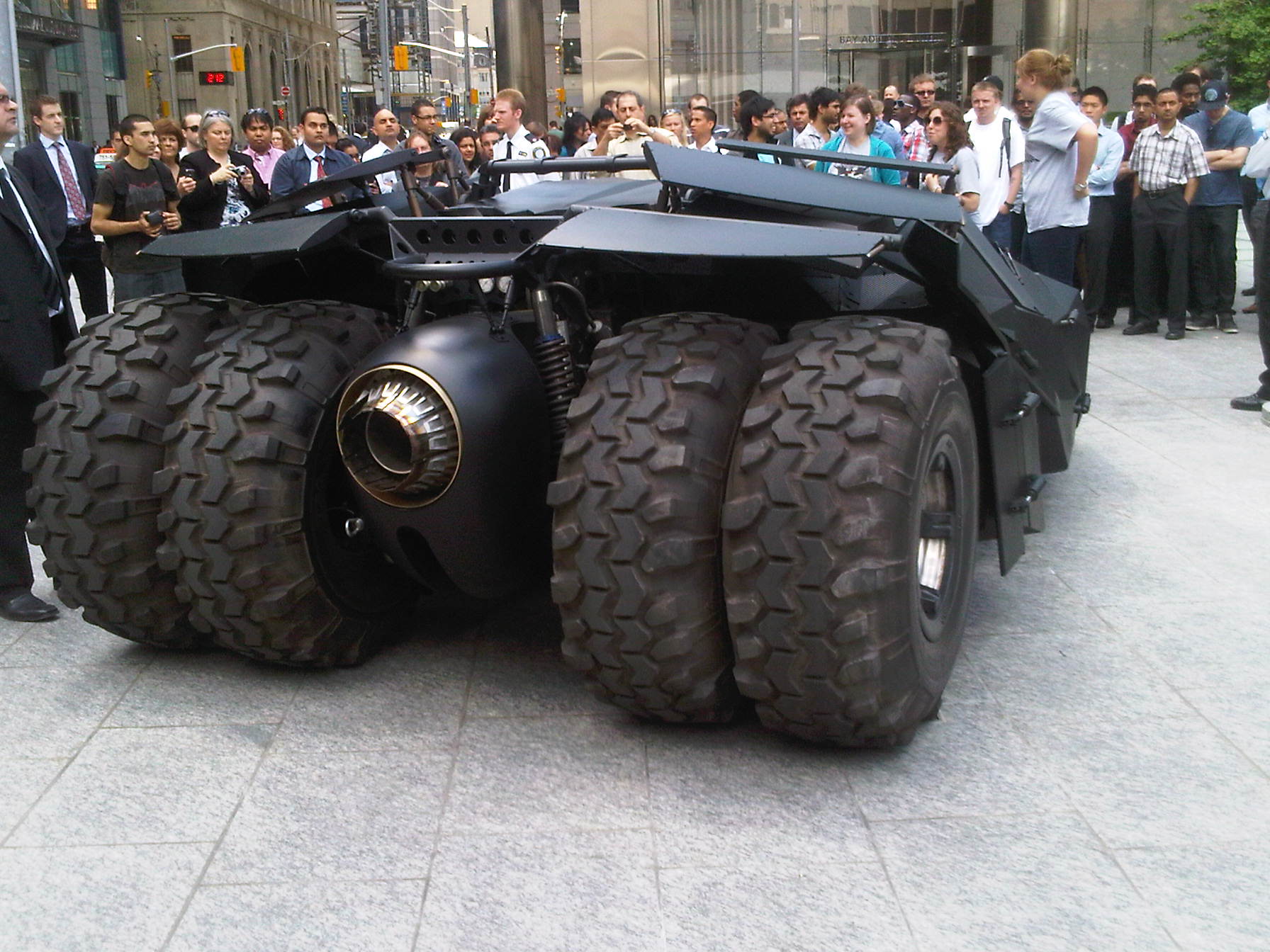
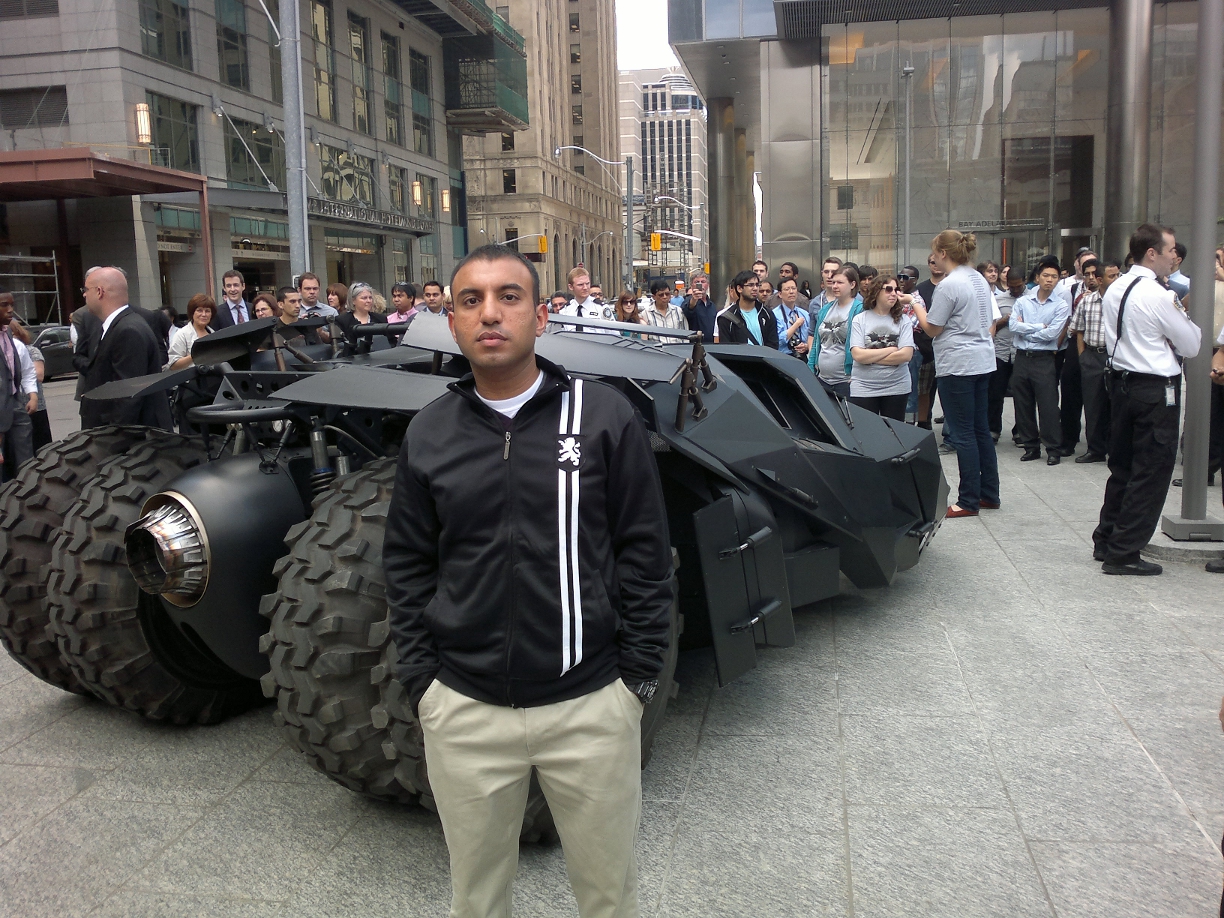
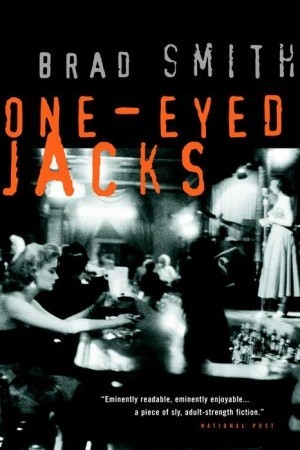
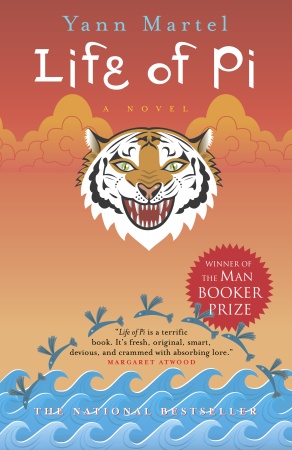
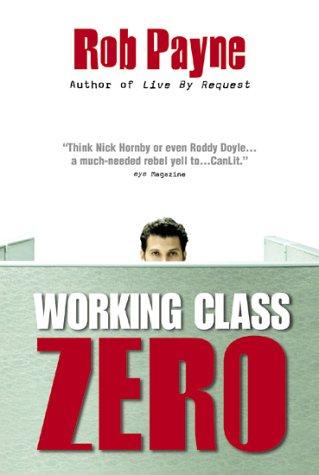
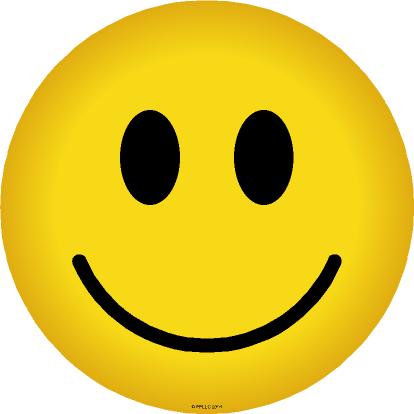
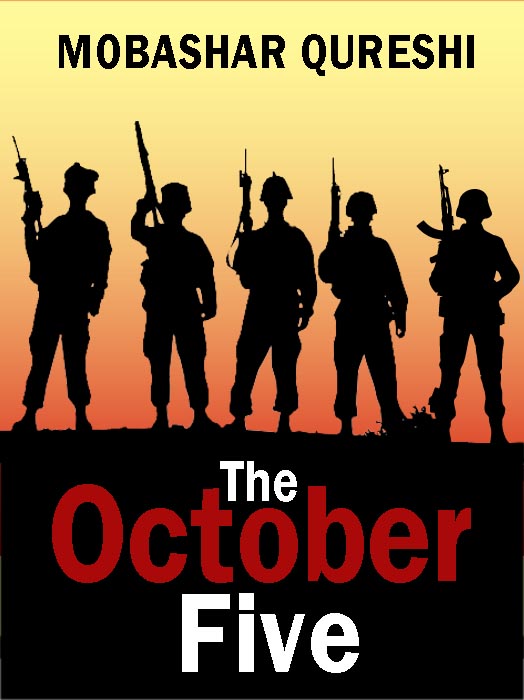
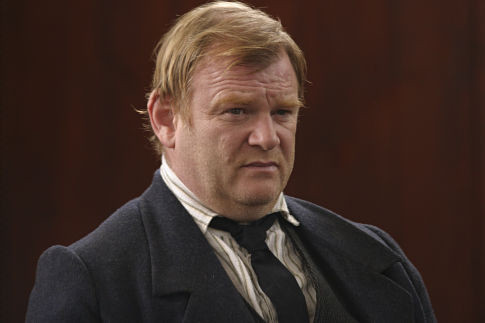
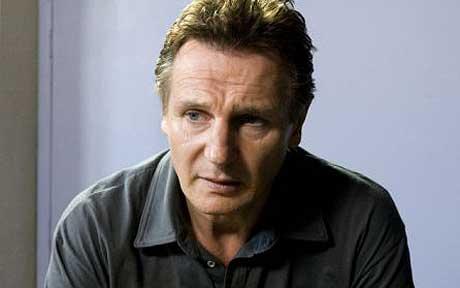 Michael Lantern (Plumber)
Michael Lantern (Plumber) 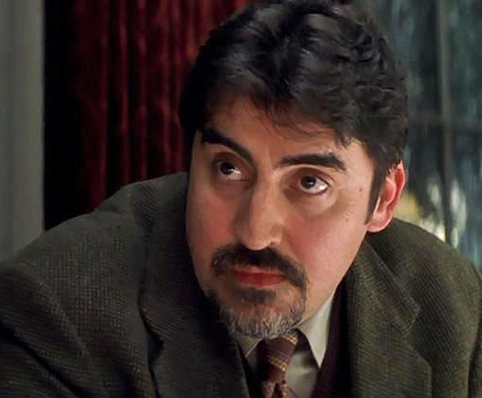
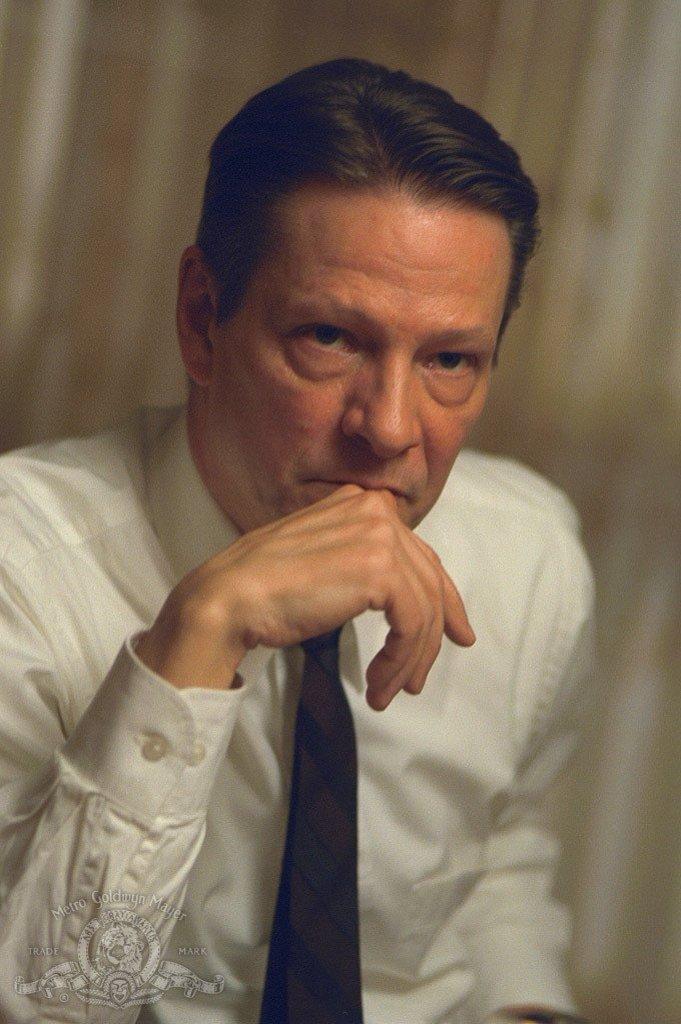 Vince Crouch (Electrician)
Vince Crouch (Electrician) 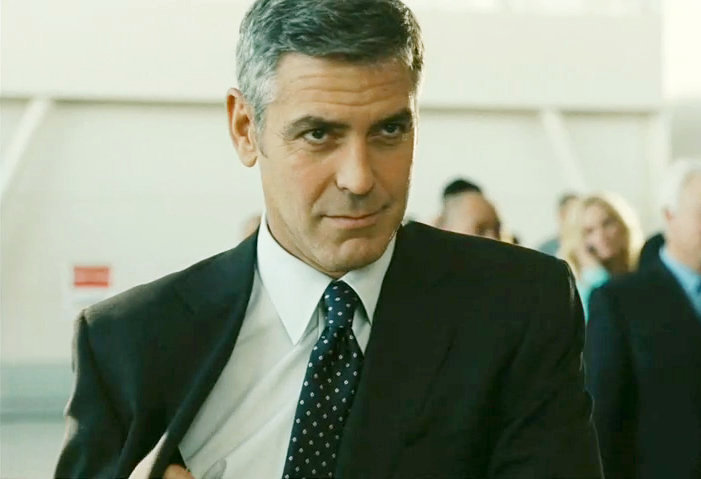
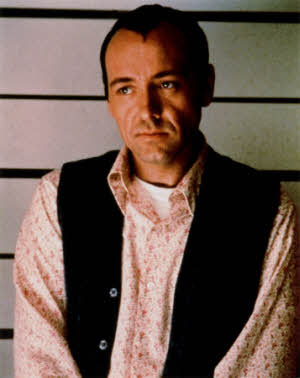 Al Shorley (Caretaker)
Al Shorley (Caretaker) 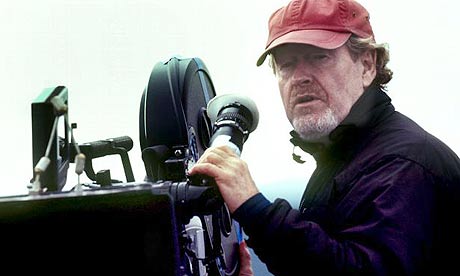
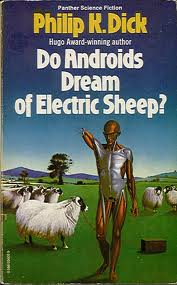
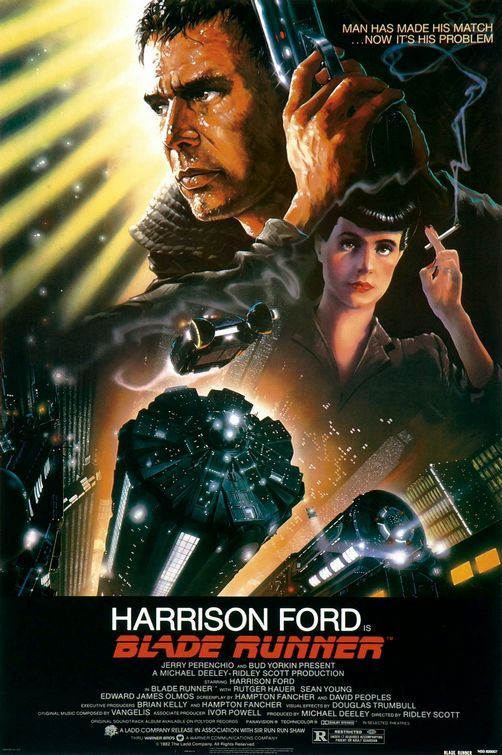 OF ELECTRIC SHEEP?/BLADE RUNNER
OF ELECTRIC SHEEP?/BLADE RUNNER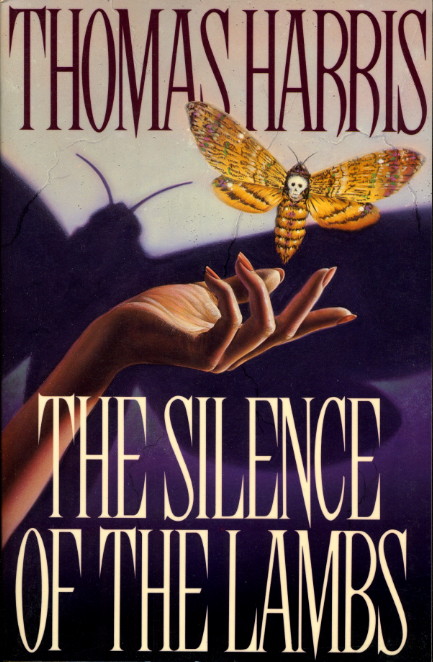 SILENCE OF THE LAMBS
SILENCE OF THE LAMBS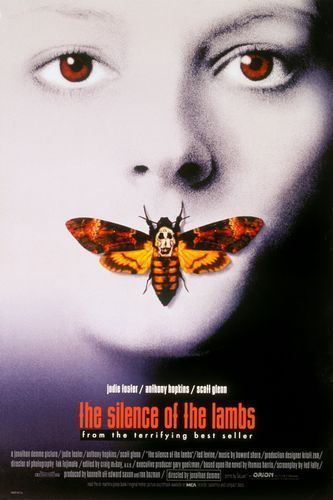
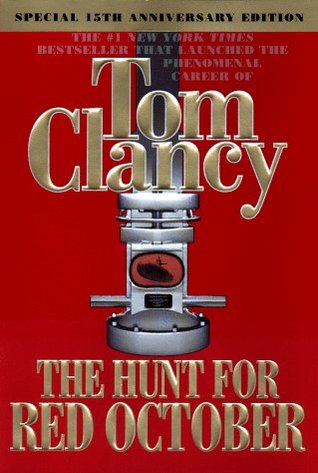 THE HUNT FOR RED OCTOBER
THE HUNT FOR RED OCTOBER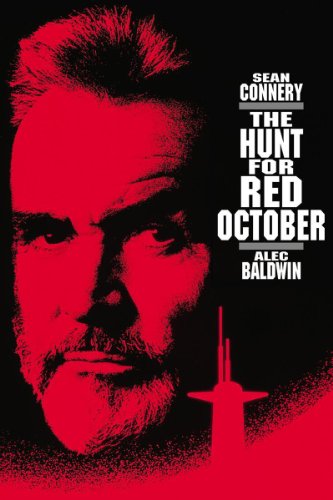
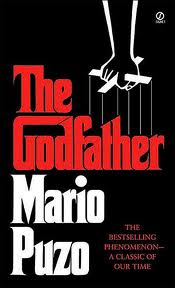 THE GODFATHER
THE GODFATHER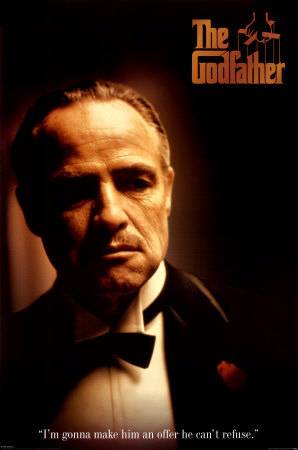
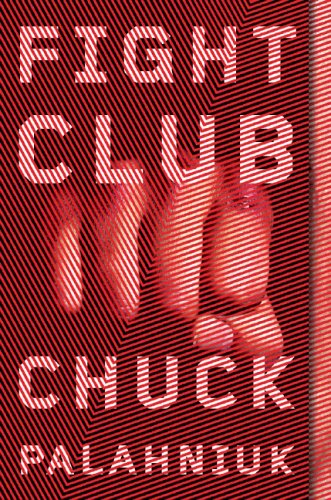 FIGHT CLUB
FIGHT CLUB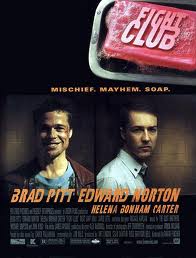
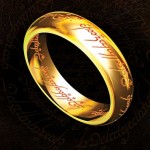 I’ll be the first to admit I’m not a fan of fantasy books. I just don’t understand them. I do have great respect and admiration for those who write them, though. It takes great skills and imagination to create entire planets and characters that are not from our world.
I’ll be the first to admit I’m not a fan of fantasy books. I just don’t understand them. I do have great respect and admiration for those who write them, though. It takes great skills and imagination to create entire planets and characters that are not from our world.